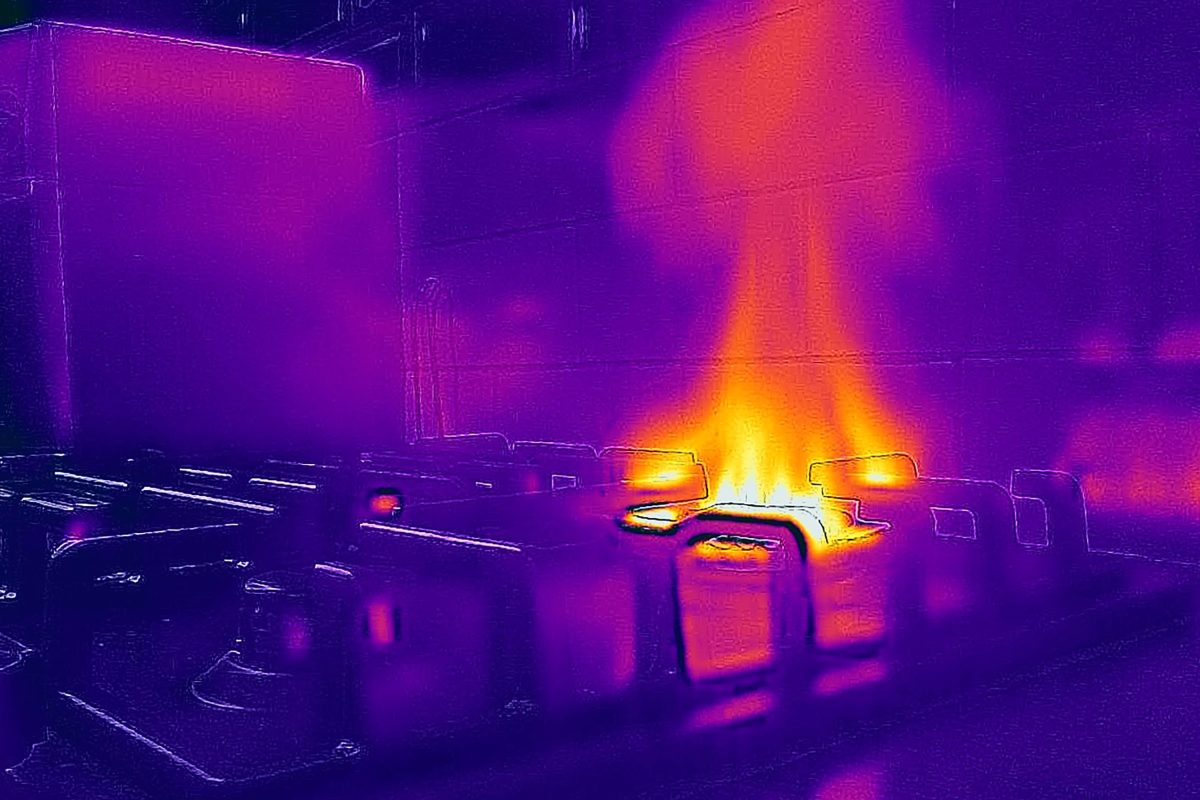Winter fuel payments: there is a better way to help with energy bills


Instead of subsidising bills according to age, we should make sure no one is spending more than 10 per cent of their household income on keeping warm, says Eon CEO Chris Norbury
Despite recent improvements, energy bills remain around 60 per cent higher than before the crisis, with typical households still paying £1,720 annually. At Eon, we see this impact daily, with around one-third of our customers still struggling with affordability.
We therefore welcome the government’s efforts to explore how best to support households this winter, particularly through its review of Winter Fuel Payment arrangements. This is a real opportunity to move beyond the old system and deliver support that better reflects people’s actual needs.
The Netherlands is leading the way
The Netherlands has shown us a smarter, straightforward way. Rather than blanket payments to entire groups, they’ve introduced targeted support that looks at what people actually earn and spend on energy. If your energy bill takes up more than eight to 10 per cent of your income, you get help with the difference.
The UK could adopt something similar. The principle would be simple: no household should have to spend more than 10 per cent of their income (after housing costs) on keeping warm. Those above this threshold would get support to bridge the gap.
This makes far more sense than age-based schemes. A comfortable pensioner in a well-insulated home may not need help at all, while a young family in a draughty property paying monthly in arrears could face impossible choices.
A comfortable pensioner in a well-insulated home may not need help at all, while a young family in a draughty property paying monthly in arrears could face impossible choices
People could apply through trusted organisations like Citizens Advice – as they do in the Netherlands – or the process could be automated using existing government data infrastructure. We already match benefits data with energy suppliers for the Warm Home Discount. Extending this to include income information is entirely feasible; we just need the political will to unlock the necessary data-sharing permissions – permissions that legislation already allows for.
Our own early modelling suggests this kind of scheme could support around 5.6m households for roughly the same cost as the old Winter Fuel Payment. The crucial difference? Every penny would be directed to those who truly need it with support tailored to their circumstances, not their date of birth.
But while targeted help this winter is essential, we also need to think bigger and longer term. We cannot keep firefighting every winter. What we need is a national effort to get smarter energy solutions into people’s homes and bring bills down for good.
That means accelerating investment in the technologies that change the game: home batteries, solar panels, insulation, time-of-use tariffs, and smart meters. These are the infrastructure of affordability. With the right tools, households can shift usage to cheaper, greener times of day and store clean energy to use when it’s most valuable.
Our battery trials in Coventry, now expanding to Crowle and Starbeck, are already helping customers use energy more flexibly and affordably with annual savings of around £300 off a typical bill so far.
But to truly transform the system, we need more than pilots. We need sustained, long-term investment and a bridging mechanism to help people get from today’s expensive reality to tomorrow’s affordable future.
That means new forms of support: green finance options that make low-carbon upgrades affordable up front; targeted government help for those who can’t pay their way unaided; and smarter regulation.
Make no mistake: the biggest prize here isn’t just hitting sustainability targets. It’s building a future where families and businesses can rely on energy that’s clean, local, and low-cost.
We can’t keep papering over the cracks each winter. We must invest now in a system that makes crisis response obsolete.
This is our chance to act. Let’s take it.
Chris Norbury is CEO of Eon UK






